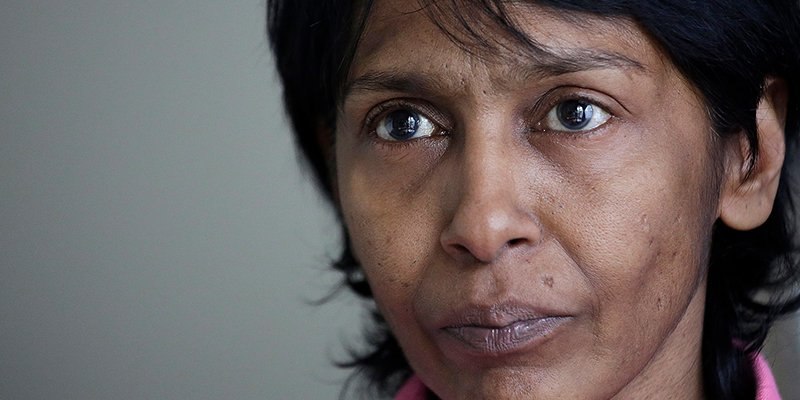Across every section of society Britons are overwhelmingly likely to think that the Home Office should have allowed Mrs Clennell to stay
Earlier this week all major news outlets led on the deportation of Irene Clennell. Despite being married to a British citizen for 27 years, for whom she is now a primary care giver, and having British children, Mrs Clennell has been deported to her native Singapore.
The specifics of Mrs Clennell’s case are relatively complex, and are detailed as fully as possible in the box below. However, after being given information about her situation YouGov finds that the overwhelming majority of the British public think that it was wrong to deport her.
More than three times as many people think it was wrong to deport Mrs Clennell than think it was right (63% to 17%). A further 20% of people are undecided. All sections of British society are strongly against the deportation, with Labour supporters (71%), Scots (69%) and older Britons (68%) the most likely to say that it was wrong.
At 31%, UKIP supporters were the most likely to say the government was right to deport Mrs Clennell, although even then this was overshadowed by the 50% of UKIP supporters who think she should have been allowed to stay.
Now reportedly sleeping on the living room floor of her sister’s small flat in Singapore, Mrs Clennell branded her ordeal “a bloody disgrace”. A crowdfunding campaign to pay for legal representation started by her sister in law Angela Clennell was, at time of writing, just short of reaching its £50,000 goal.
Mrs Clennell’s deportation comes at the same time as the Home Office has lifted the deportation order on a 20 year old Sri Lankan student who is just weeks from finishing her degree, following a national outcry.
Our latest poll comes after a version on the previous day with less comprehensive information about the case in the question and a different sample. It showed that 81% believed the deportation was wrong with 10% saying it was right.
Mrs Clennell’s case
1988 – Arrives in the UK
1990 – Marries her husband John Clennell, a British citizen
1992 – Given indefinite leave to remain in UK
Later in 1992 – Moves to Singapore with her husband
1994 – Having lived outside the UK for more than two years, Mrs Clennell’s indefinite leave to remain lapses
1998 – Mrs Clennell’s husband and children return to the UK. Mrs Clennell remains in Singapore to care for her ill parents, although she would come back to the UK several times for short visits
2003- 2005 – Lives in Britain and makes numerous applications for leave to remain, all of which are rejected
2007 – Refused permission to enter the UK and is turned back from a UK airport
2012 – Makes another application at the British High Commission in Singapore, which is rejected on the basis that she did not provide proof of contact with her family
2013-2016 – Re-enters the UK and makes further applications for leave to remain. Again, all are rejected.
Early February 2017 – Mrs Clennell is taken to a Scottish detention centre
25 February 2017 – Mrs Clennell is deported to Singapore
Source: BBC










